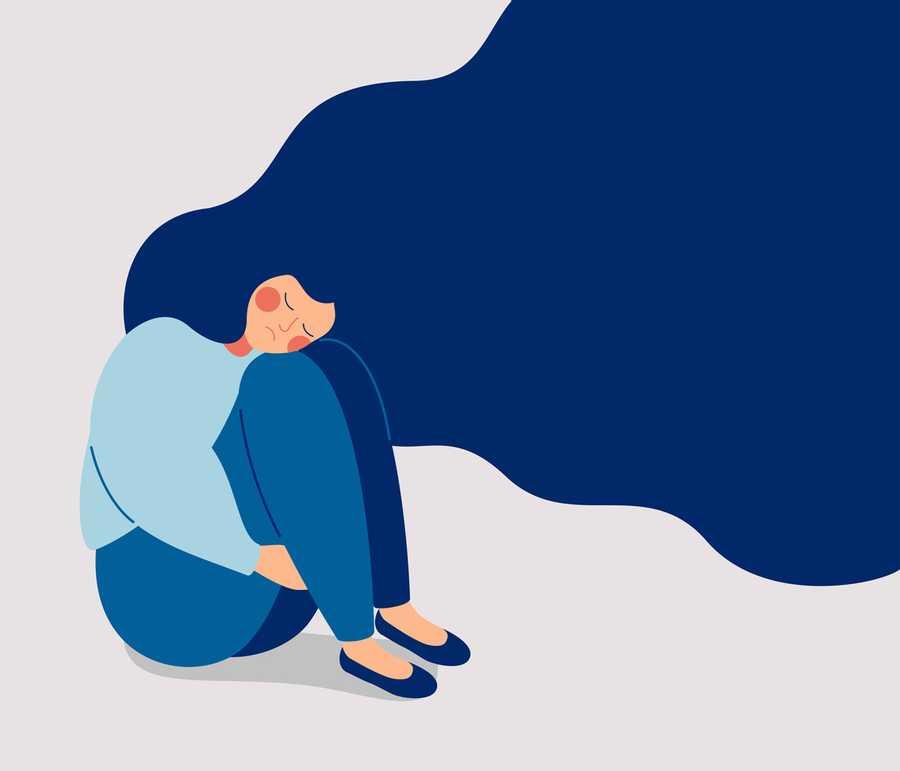The messy, complicated truth about grief |
Curated from: ideas.ted.com
Ideas, facts & insights covering these topics:
3 ideas
·1.59K reads
18
Explore the World's Best Ideas
Join today and uncover 100+ curated journeys from 50+ topics. Unlock access to our mobile app with extensive features.
Time is irrelevant to grief
Mourning the loss of a loved one isn't efficient or logical. It is different for each person. Grief can feel better and worse as time goes by.
We can not relegate all our heaviest grieving to specific days of the year. We will be reminded of details about the person at odd times.
100
647 reads
The adage "time heals all wounds"
Time heals physical wounds, but not mental or emotional wounds. Time reminds us of the past.
If you're still sad, that's because it's still real. They are still real. Time can change you, but it can't change them.
90
488 reads
Advice for the grief adjacent
You may be tempted to tell the grieving to "move on."
But we do not move on from the dead people we love or the difficult situations we've lived through. We move forward, but we carry it all with us. Some of it gets easier, and some of it not. We are shaped by the people we love, and we are shaped by their loss.
93
456 reads
IDEAS CURATED BY
"Having someone wonder where you are when you don't come home at night is a very old human need." — Margart Mead
Rafael N.'s ideas are part of this journey:
Learn more about personaldevelopment with this collection
The importance of practice and repetition in learning
How to stay motivated and avoid burnout while learning
How to break down complex concepts into manageable parts
Related collections
Similar ideas
4 ideas
6 ideas
3 ideas
Read & Learn
20x Faster
without
deepstash
with
deepstash
with
deepstash
Personalized microlearning
—
100+ Learning Journeys
—
Access to 200,000+ ideas
—
Access to the mobile app
—
Unlimited idea saving
—
—
Unlimited history
—
—
Unlimited listening to ideas
—
—
Downloading & offline access
—
—
Supercharge your mind with one idea per day
Enter your email and spend 1 minute every day to learn something new.
I agree to receive email updates

